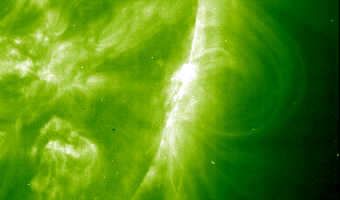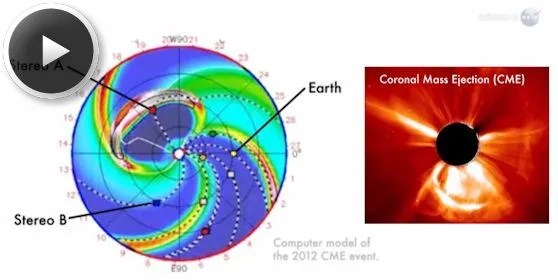drill ns facebook.com
;; ->>HEADER<<- opcode: QUERY, rcode: NOERROR, id: 61759
;; flags: qr rd ra ; QUERY: 1, ANSWER: 4, AUTHORITY: 0, ADDITIONAL: 8
;; QUESTION SECTION:
;; facebook.com. IN NS
;; ANSWER SECTION:
facebook.com. 9510 IN NS c.ns.facebook.com.
facebook.com. 9510 IN NS b.ns.facebook.com.
facebook.com. 9510 IN NS a.ns.facebook.com.
facebook.com. 9510 IN NS d.ns.facebook.com.
;; AUTHORITY SECTION:
;; ADDITIONAL SECTION:
a.ns.facebook.com. 9510 IN A 129.134.30.12
b.ns.facebook.com. 9510 IN A 129.134.31.12
c.ns.facebook.com. 9510 IN A 185.89.218.12
d.ns.facebook.com. 9510 IN A 185.89.219.12
a.ns.facebook.com. 9510 IN AAAA 2a03:2880:f0fc:c:face:b00c:0:35
b.ns.facebook.com. 9510 IN AAAA 2a03:2880:f0fd:c:face:b00c:0:35
c.ns.facebook.com. 9510 IN AAAA 2a03:2880:f1fc:c:face:b00c:0:35
d.ns.facebook.com. 9510 IN AAAA 2a03:2880:f1fd:c:face:b00c:0:35
;; Query time: 0 msec
;; SERVER: 172.16.1.4
;; WHEN: Wed Oct 6 08:12:26 2021
;; MSG SIZE rcvd: 285


